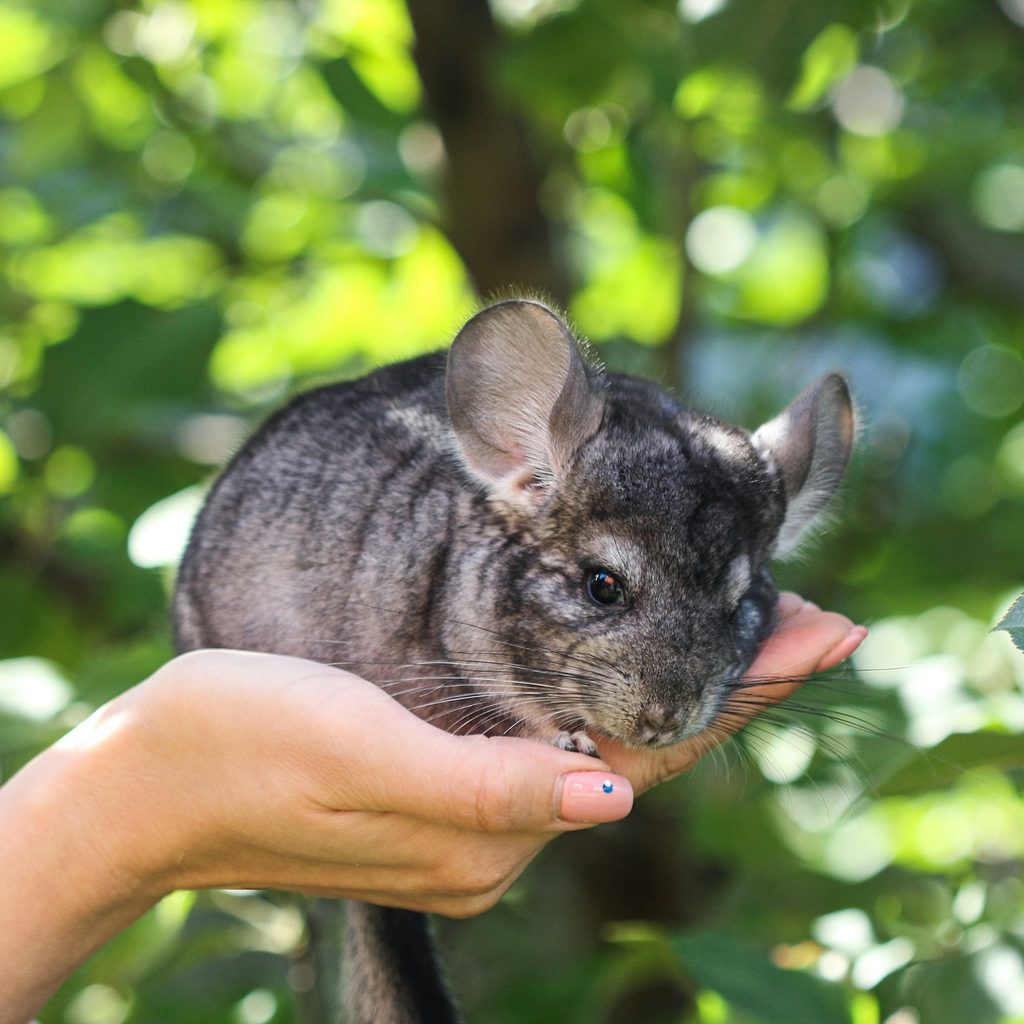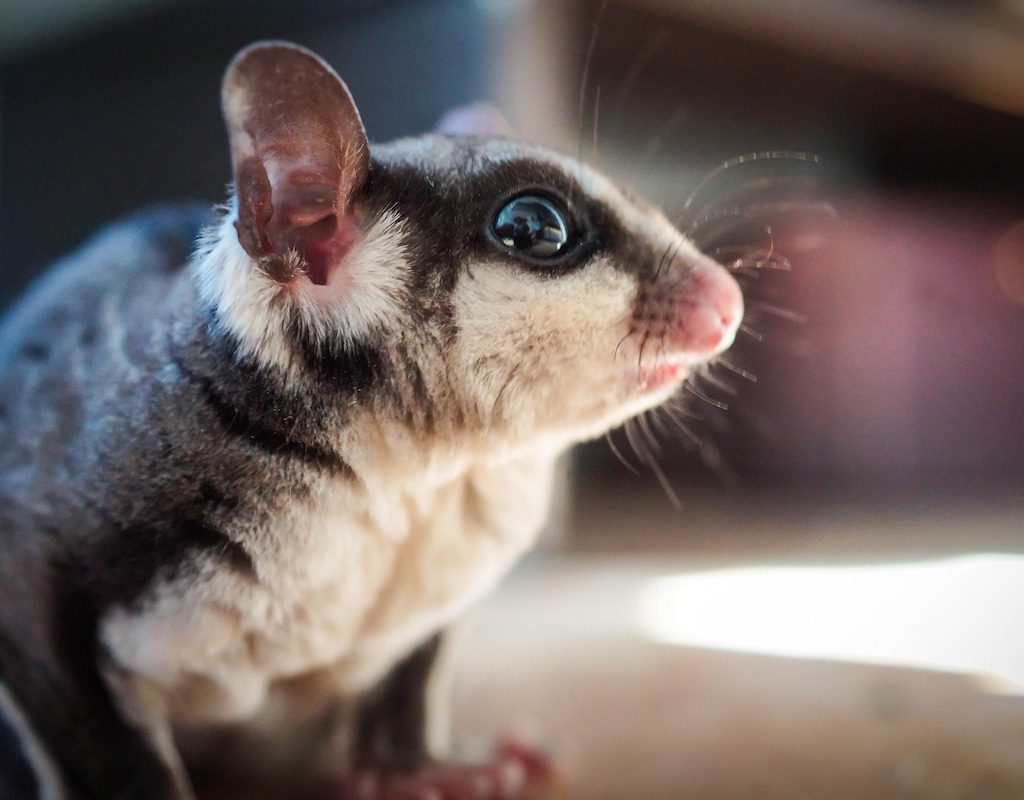Guinea pigs are so yesterday. If you’re on the exotic pet train, you’ll be in for a world of delight with your amusing swimmer or cute new four-legged beast. While we can all recognize a goldfish or a hamster, you might not know all these pets on sight. Think carefully before making this commitment and check your local laws and even housing restrictions — your neighborhood or state might have rules against owning an unusual animal. Assuming that all checks out, try one of these best exotic pets for first-timers.
Aquatic frog
Unlike the frogs you see out and about, these ones live entirely in water, so you’ll place them in an aquarium. Although they’re still amphibious (they stay mostly submerged in your tank), they’ll still come up for air. On top of that, African dwarf frogs, the most common kind for a pet, require a really good filter to clean and oxygenate the water. You can keep a pair or add these adorable beings to an existing tank with friendly fish. Because they eat sunken food, you won’t have to worry about them sneaking anything from the surface that belongs to other tank mates.

Chinchilla
These sweet, sociable vegetarians make great pets for owners who make the time and effort to play with them. Chinchillas like to jump and hide, so you should design her housing to accommodate both. Even better, pet-proof a room in the home where her cage will live that she can explore with you as her guide. While you’ll find her an aquaphobe, she needs frequent dust baths to keep the oils from latching onto her amazingly soft fur.
Corn snake
These reptiles should be at the top of your list if you’re interested in snakes since they make the perfect starter exotic pet. As long as they get handled every day from a young age, these friendly snakes can bond with humans and become both playful and gentle. The one catch: You will have to feed your pet dead mice. We actually don’t recommend live prey for these guys as mice are surprisingly vicious and will often bite your slitherer. Stick with the frozen ones that you can order from the pet store.
Snail
There are two types of snails you can keep as pets: garden snails and aquarium snails. You definitely need to decide first which you’re getting because they require quite different setups. Everyone knows garden snails as we probably see them frequently during any type of yard work. You don’t want to bring one of those in, though, as it could carry diseases. Many pet stores have snails that have been checked and quarantined, which helps prevent them from spreading anything. If you bring home a snail for your fish tank, you often don’t have to buy much food for them at all. They eat algae and leftover food, so you’re good to go. A garden snail will need a dirty and mossy enclosure with plenty of ventilation and fruits and veggies to snack on. No matter which type you try, you’ll have a fun and easy pet to have around.

Sugar glider
This truly special creature is not a rodent but actually a marsupial, which comes with all sorts of benefits. First of all, they don’t smell like the things that your dog and cat chase and so can often get along fine with other pets in the house. Along those lines, they don’t need any vaccines either. Like so many of our beloved creatures, gliders need lots of attention and daily handling. You should get a pair (neuter the male so you don’t wind up with more) and make sure to shower them with attention. Don’t worry, it will be easy! They love to travel in pockets and hang out in offices.
Toad
Many toads make great pets, but they come with a big catch: You don’t want to handle them without gloves. Their skins emit toxins, and they frequently carry salmonella. Really, you should think of these as a hands-off pet and stick to observing from afar as you would a fish tank. Toads don’t need quite as much water as frogs, but they still need to live right next to it at all times. Additionally, unlike the other pets on this list, toads want to eat live bugs, mostly crickets, mealworms, and wax worms.
As with all pets, exotic ones take time and expense, so don’t jump in if you don’t think you’re ready — even the garden snail requires work. Think carefully about your resources, including time, energy, funds, and space in your home. Figuring out how much you can give of each will go a long way to narrowing down your list and determining the correct companion for your lifestyle.



